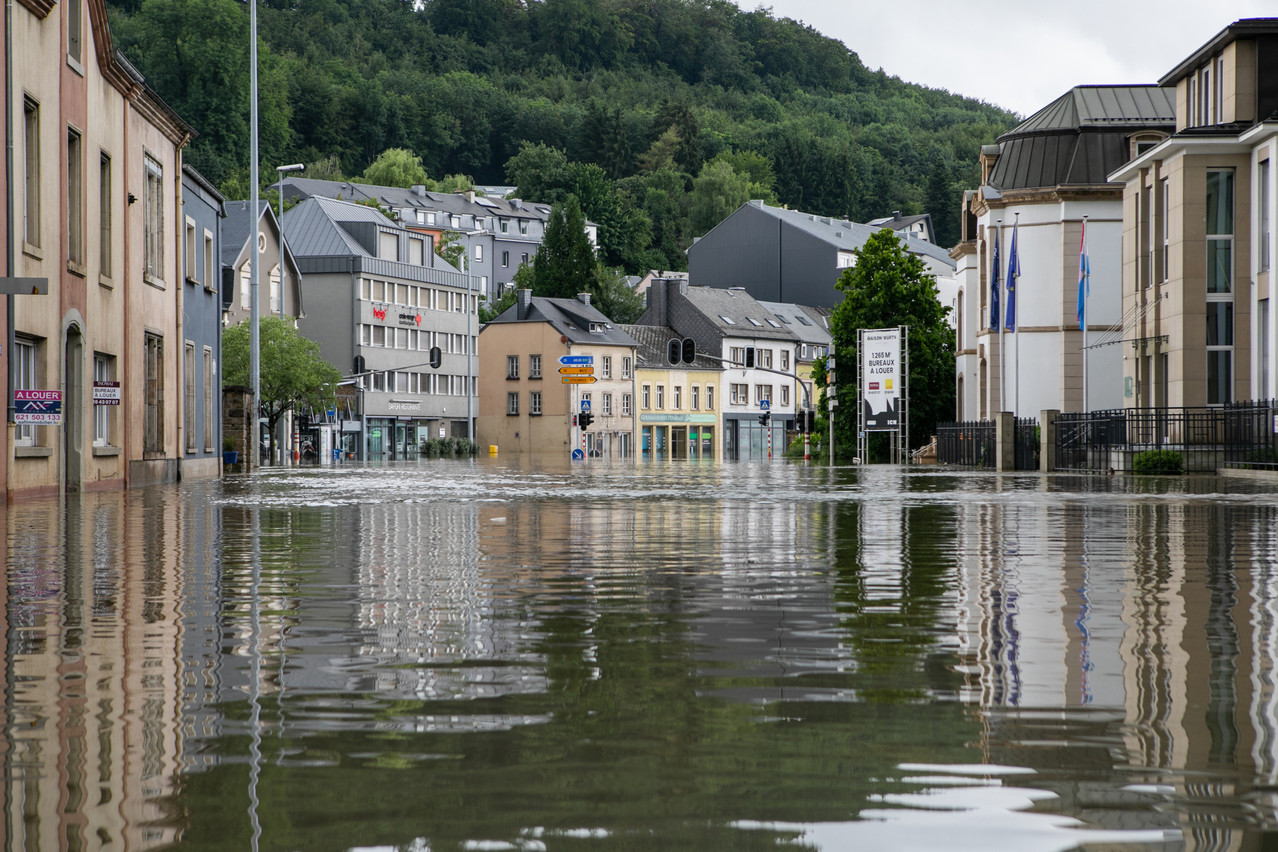The UN’s Intergovernmental Panel on Climate Change (IPCC) in a report published on 9 August said the human influence on the climate system is undisputed. It warned that climate change is widespread, rapid and intensifying.
“There is no time for delay and no room for excuses,” said UN secretary general António Guterres, calling the report a “code red for humanity”.
With the COP26 climate summit scheduled for November this year, Guterres called on “government leaders and all stakeholders to ensure COP26 is a success.”
The report warned that global warming will reach 1.5°C above pre-industrial levels already in the 2030s, earlier than previously estimated. Extreme weather events--such as floods, droughts or storms--will become more frequent, resulting in water shortages, species losses, dwindling ice sheets, rising sea levels and other knock-on effects, such as conflict and migration.
Window for action closing fast
“Our policy makers must finally open their eyes and recognise the urgency of the dire straits we are in,” said Frank Thinnes, climate and energy campaigner at Greenpeace Luxembourg in a statement. “It is not too late, but the window of opportunity to prevent the worst consequences of climate change is closing fast.”
Luxembourg experienced unprecedented flooding in July, causing an estimated . “The recent floods in Luxembourg and our neighbouring countries must be a wake-up call for society,” Thinnes said.
The grand duchy has enshrined its climate targets into law, aiming to reduce emissions by 55% by 2030 and being climate neutral by mid-century. But these targets might not be ambitious enough.
The -- that assesses the impact of countries’ Paris Agreement pledges--concludes that under Luxembourg’s current goals, the Earth would warm by 3.8°C by 2100. This is well above the 2°C limit pledged in the Paris Agreement and the 1.5°C upper limit urged by the UN.
The Organisation for Economic Development and Co-Operation (OECD) last year warned Luxembourg must “” to actually meet its targets. CO2 emissions in Luxembourg in 2019, according to Eurostat data. Emissions last year because of pandemic-induced lockdowns and remote working.
Net zero crucial
“This is already the 6th IPCC Report that underlines the urgent need for measures to be taken,” said Thinnes. “The government must finally face reality. We must confront climate change with the same determination as we did the covid crisis. Otherwise, the extreme weather events of the past weeks were only a foretaste of what we can expect in the future.”
Luxembourg in July set out to ensure the overall goal of reducing emissions by 55% can be met. The construction sector will have to reduce emissions by 64% from its 2005 output, compared to 57% for transport. But the failure by one sector to meet its target can be offset by another sector or deferred to the following year.
“It remains questionable whether these targets can be achieved given the flexible mechanisms,” Greenpeace said.
The organisation also called for more efforts for Luxembourg’s financial centre to align activities with the Paris Agreement, saying that sustainable finance makes up only a small portion of the country’s fund industry with vast amounts of money funnelled into emission-intensive companies and sectors.
Reducing emissions to net zero by 2050 will be crucial to keeping the Earth’s warming close to 1.5°C, the IPCC said, warning that this goal is quickly slipping out of reach.
“The reality is, we need far more in terms of action,” said COP26 president Alok Sharma responding to the 3,000-plus-page report. “Keeping 1.5 degrees within reach requires net zero emissions worldwide and faster rollout of policies to get there,” said European Commission vice-president Frans Timmermans, in charge of the EU’s Green Deal.
